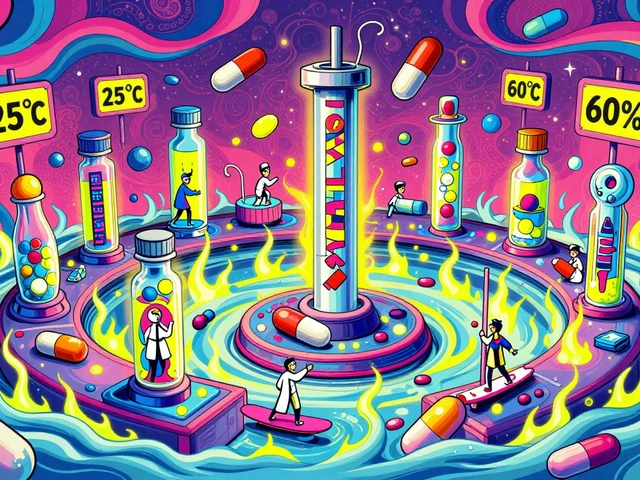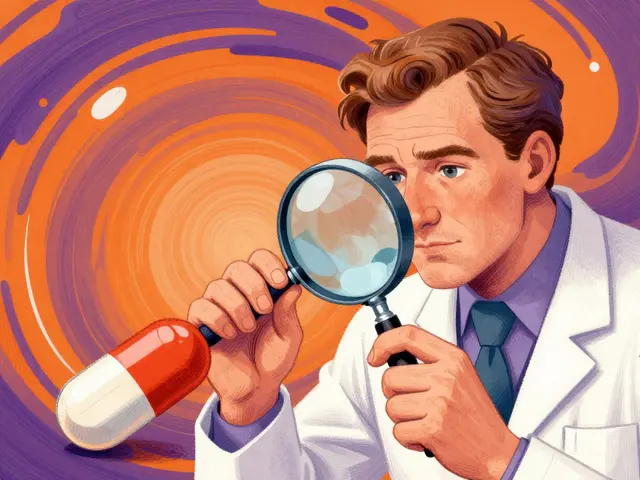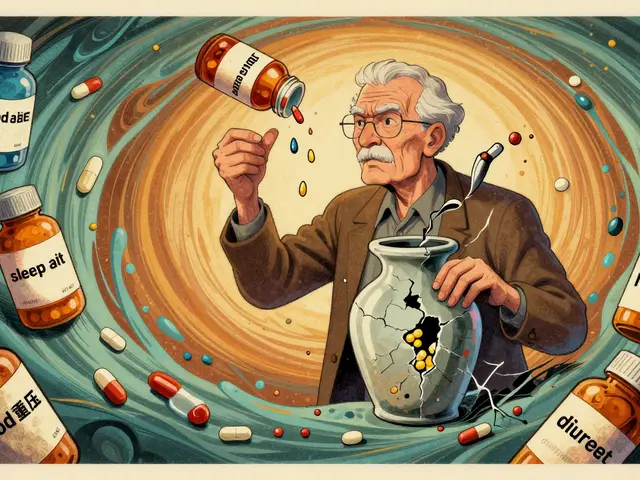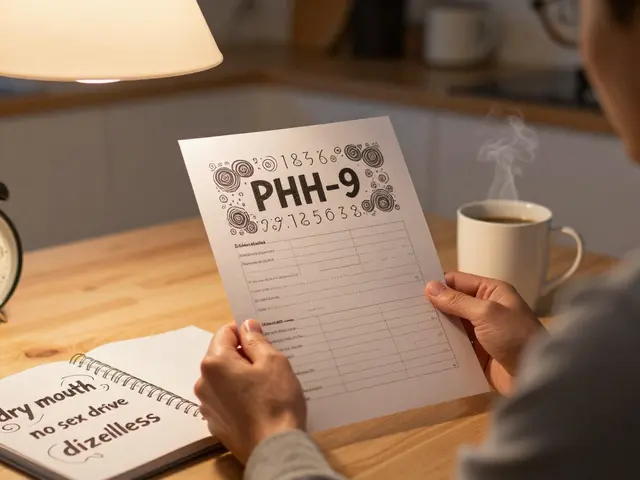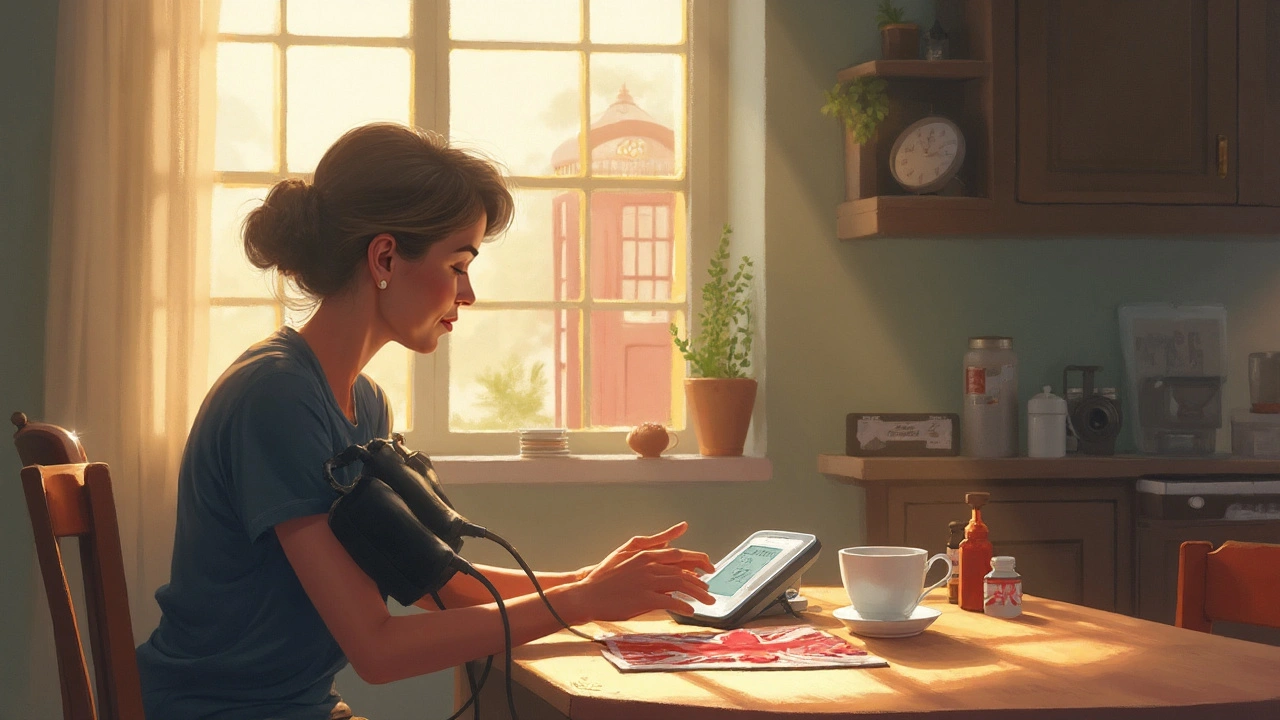
What You Need to Know About Hypotension (Low Blood Pressure)
Ever felt dizzy after standing up too fast or noticed you’re unusually tired? Those could be signs of hypotension, which simply means your blood pressure is lower than normal. While a low reading can be harmless for some, it can also cause fainting, blurry vision, or even shock if it drops suddenly. Knowing the basics helps you decide when to tweak your lifestyle and when to call a doctor.
Common Causes and When to Worry
Lots of things can push your pressure down. Dehydration is a big one – if you haven’t had enough water, your blood volume shrinks and the heart can’t push enough blood around. Certain meds, like diuretics (think hydrochlorothiazide) or beta‑blockers, also lower pressure as a side effect. Hormonal issues, such as adrenal insufficiency, and heart problems that affect pumping efficiency are other culprits.
Most of the time, a mild dip isn’t dangerous, but watch out for these red flags: you feel faint often, you’ve had a recent fall, you notice rapid heartbeat with sweating, or you have chest pain. If any of those pop up, see a GP fast.
Practical Ways to Keep Your Blood Pressure Stable
First, stay hydrated. Aim for at least 1.5‑2 liters of water a day, more if you exercise or it’s hot outside. Adding a pinch of salt to your meals can help raise pressure, but only if your doctor says it’s safe.
Eat small, frequent meals instead of big ones. Large meals can divert blood to your gut, causing a temporary drop (post‑prandial hypotension). Include protein and healthy carbs to keep energy steady.
When you get up, do it slowly. Sit for a minute, swing your legs, then stand. This gives your body time to adjust and prevents that “light‑headed” feeling.
Exercise is a win‑win. Light cardio, like walking or cycling, improves circulation and strengthens the heart. If you’re on a diuretic like hydrochlorothiazide, pair it with moderate activity to balance fluid loss and keep your vessels flexible.
Compression stockings can be a game‑changer if you stand or sit for long periods. They gently squeeze your legs, pushing blood back toward the heart and preventing blood from pooling.
Finally, review your medications with a pharmacist or doctor. Some over‑the‑counter antihistamines or herbal supplements (e.g., certain bitter herbs) can lower pressure unexpectedly.
Keeping an eye on your numbers is easy with home monitors. A reading under 90/60 mmHg is generally considered low, but personal baseline matters. If your usual reading drops noticeably, note when it happens and what you were doing – this info helps your clinician pinpoint the cause.
In short, hypotension isn’t always a problem, but sudden or frequent symptoms deserve attention. Stay hydrated, eat balanced meals, move smart, and talk to your healthcare team about any meds that might be pulling your pressure down.
-
6 Aug

